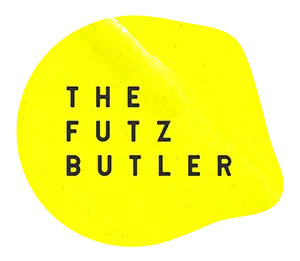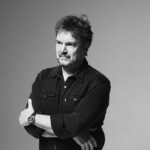Bespoke Music Composition
Creativity… is simply doing what no one else thought to
Original music is our bread and butter. But the way it sounds is anything but…
From 2 second stings to full feature film scores, we’ve delivered music for some of the world’s most forward-thinking directors, agencies and brands.
_SELECTED WORK
Just some of the creative pies we’ve had our dirty little fingers in…
_a few tunes for you...
BEANTIOBVIOUS
We build our work from the ground up.
We design unique sounds and invent one-off custom instruments both with physical materials or virtually in software.
F**k generic loops and recycling off-the-shelf presets.
Time to be brave…

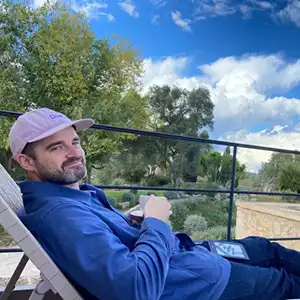
Creative Director // VML
_Not just on brief… but beyond brief. Introducing

Uncover the most unignorable way to use audio to tell your story
(in less time, for less reddies and without the palaver)
SONAL is a revolutionary approach to briefing music & sound
Wrapped into our custom-built SONAL app, SONAL is a groundbreaking briefing methodology that eliminates the uncertainty from commissioning a bespoke soundtrack.
It makes development of your soundtrack from start to finish – effortless. More creative. More collaborative. More effective.
SONAL progresses your project quicker, makes your budget go further (and avoids the headache along the way).
_Endless creative possibilities…
(without the round the houses)
We understand for some clients choosing to produce a track from scratch can feel like a gamble.
Trying to define what you want your music to be is a daunting task and it can feel impossible to accurately describe what’s in your head.
Our revolutionary approach to briefing and developing original music eliminates the uncertainty from commissioning an original soundtrack.
It simplifies the unnecessarily tricky process of getting your ideas across, whilst revealing ‘hadn’t thought of that’ ways to tell your story with audio.
Ideas that deliver both creatively AND strategically (that all stakeholders buy into, not try to squash or water down).
Not just on brief… but beyond brief.
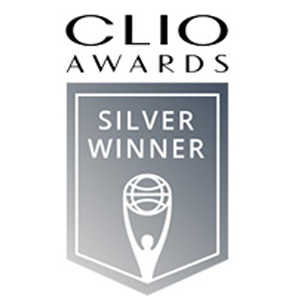
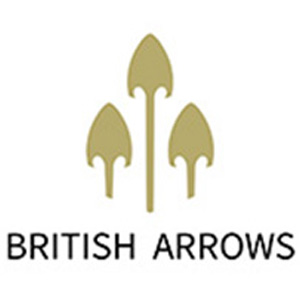
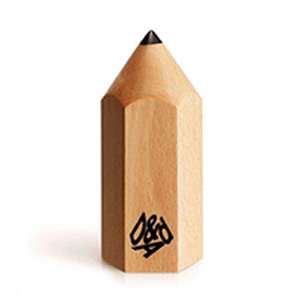
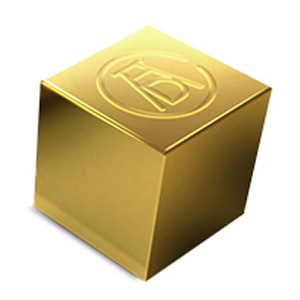



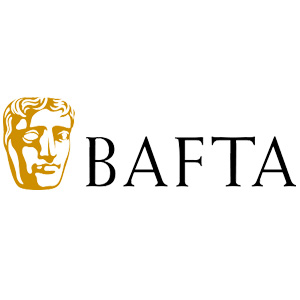
_Ready for a chat?
People work with people, not companies.
We were raised on good manners, reliability and rolling your sleeves up and putting in the graft. Look after the small things and the bigger picture takes care of itself.
Because there or thereabouts… is nowhere near.
+44 (0)20 7404 7227
hello@thefutzbutler.com
_music should bring something to the party, not just be sonic wallpaper…
We understand how music fits in as just one element amongst many in a project.
We know where to leave space and when to let the soundtrack take centre stage.
We approach every composition asking what it should do, as opposed to what it has to sound like. This means we deliver work that is fresh and unexpected, yet always perfectly feels like an extension of you and what you’re trying to achieve.
Be it delicate and sparse or impactful and energetic – we make it our business to use music to bring your vision to life in the most unignorable way possible.
_what our clients say
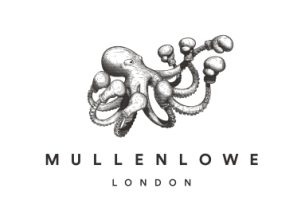

Creative Director // Mullen Lowe


Executive Creative Director // ITV

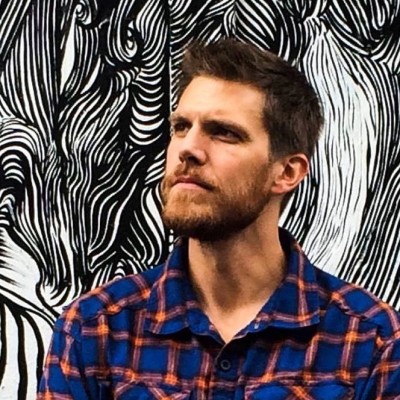
Director of Global Content // Sixt
_OUR STUDIOS
Our state of the art recording studios in the heart of Central London feature four fully equipped control rooms and two live rooms – perfect to capture every aspect of the composition and songwriting process.
From analogue synthesizers, vintage guitars, amps and outboard effects, to an exquisite collection of microphones – all of our equipment is either top of the range or wonderfully characterful (or both). And sounds awesome (that’s the main thing).
Our in-house composers and producers are supplemented with a select hand-picked roster of over 50 of the most talented musicians and artists around the globe.




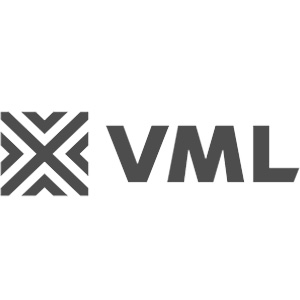



_more ideas...

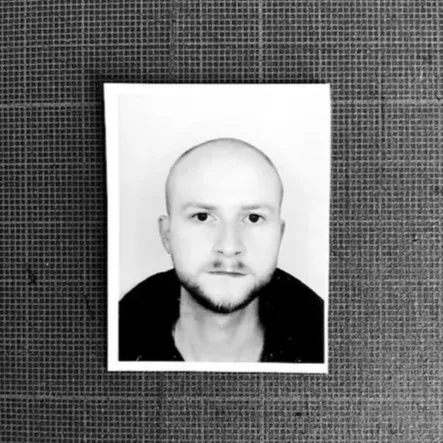
Founder // Monday Nights
